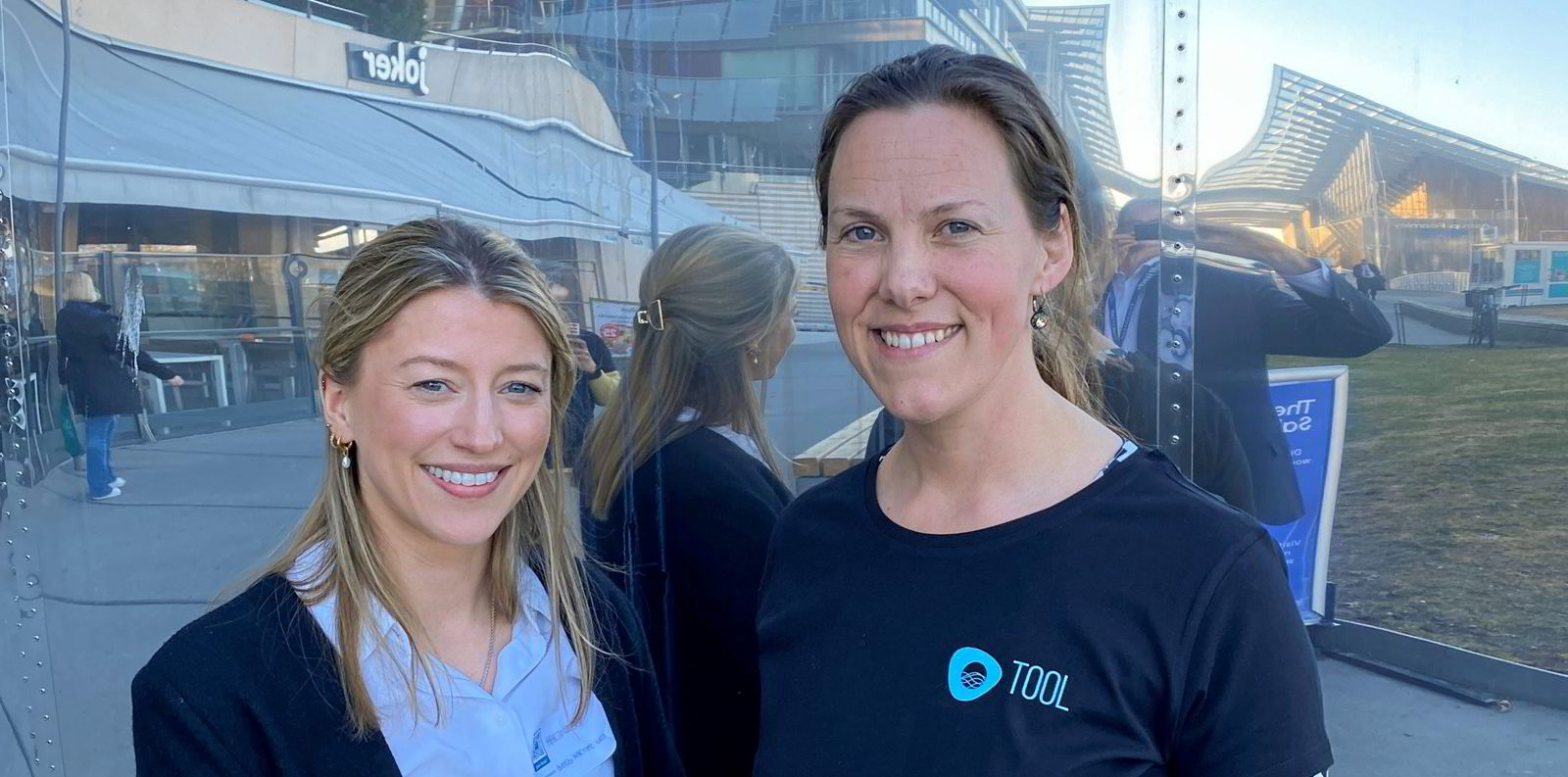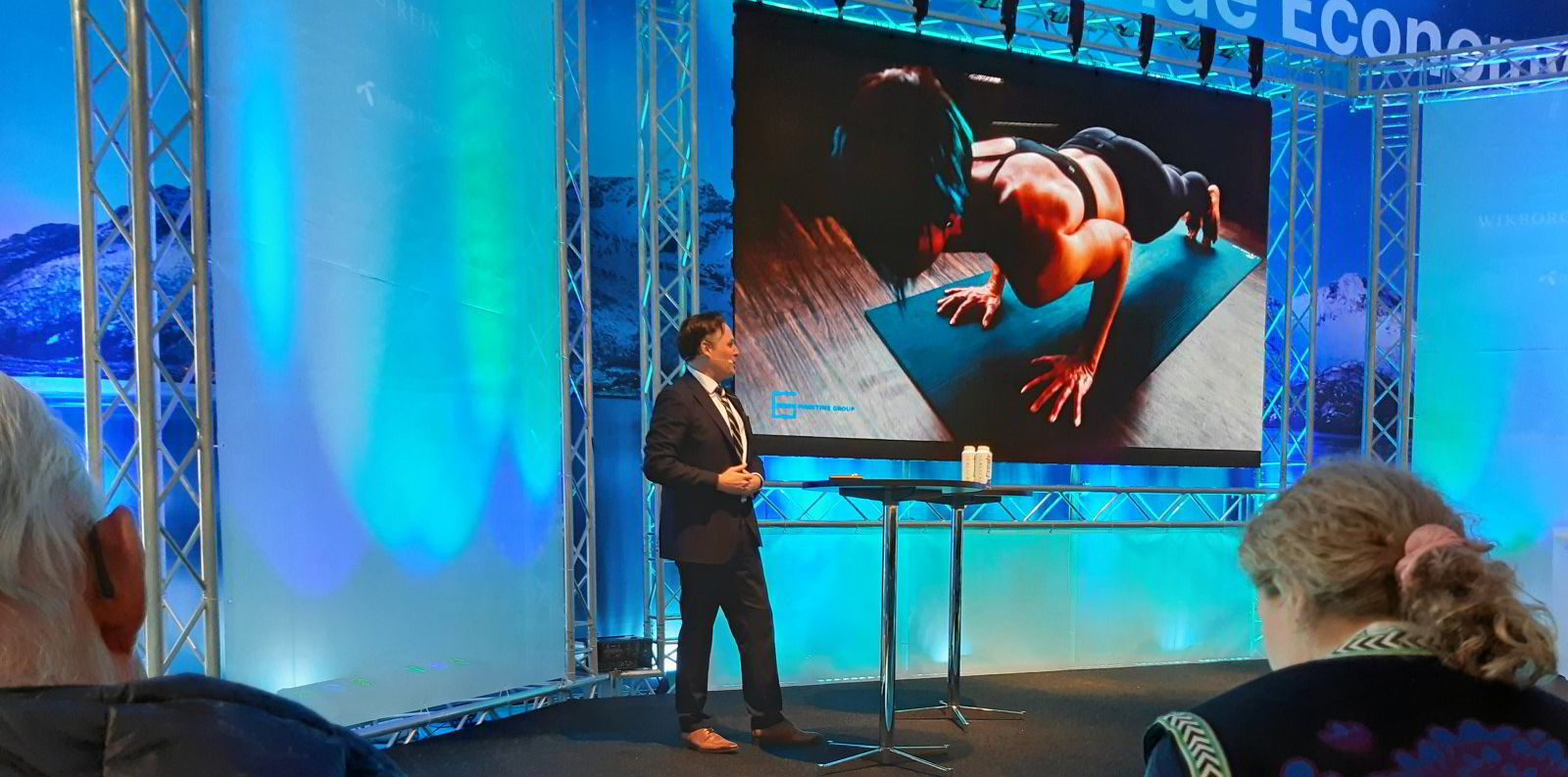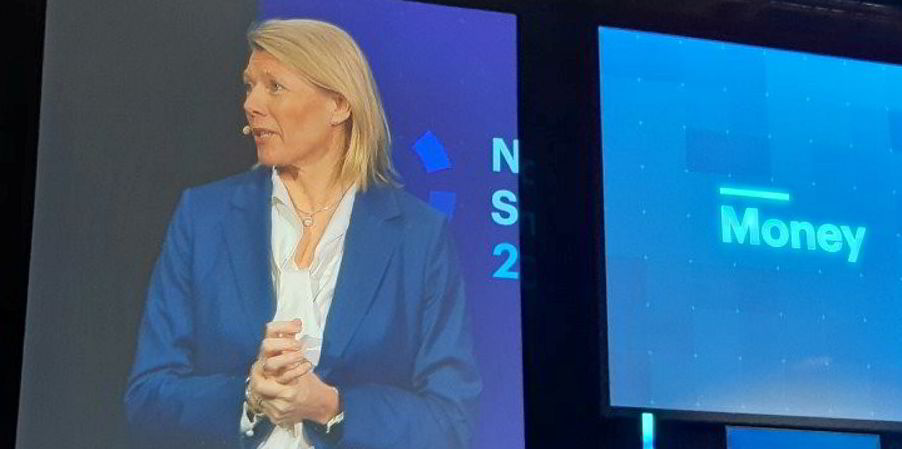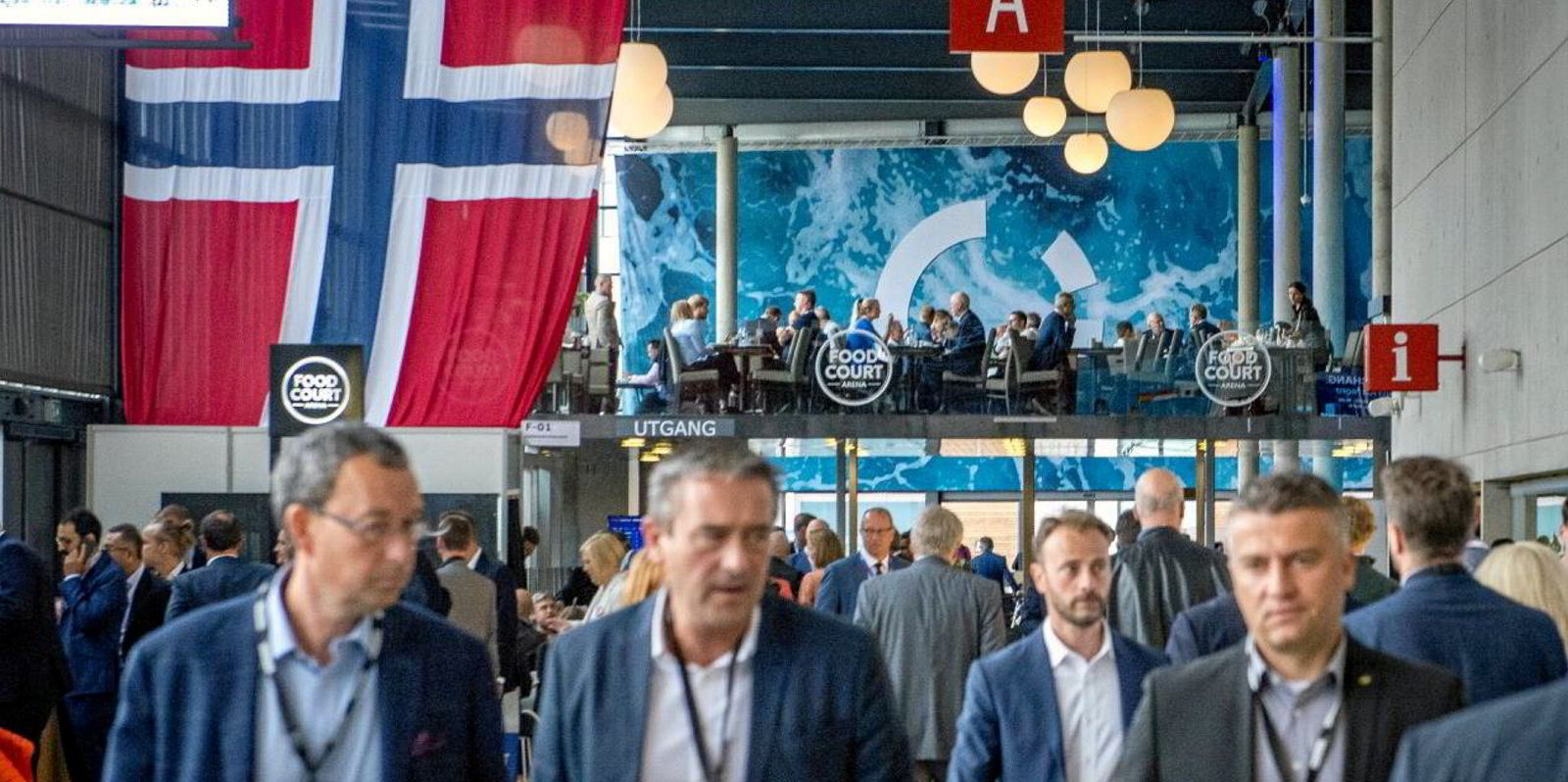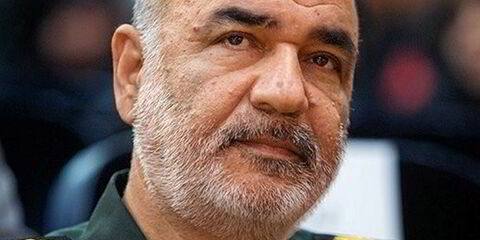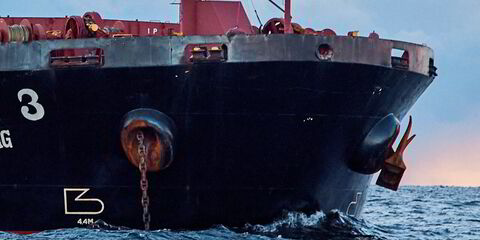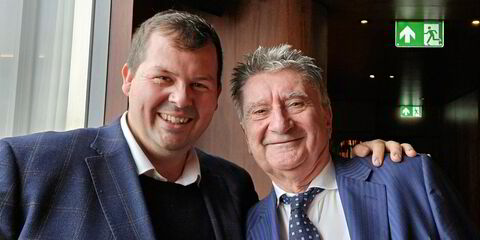Birgit Liodden has been in her element this week, hosting informal pitches by creative maritime start-ups launched by young business people in an elegant bar on Oslo’s refurbished waterfront.
Far from the soulless exhibition halls and conference rooms of the official Nor-Shipping event on the outskirts of the city, it seems the perfect environment for the serial entrepreneur’s latest networking project at the leading edge of innovation in the Norwegian maritime cluster.
Liodden is the founder and human dynamo behind The Ocean Opportunity Lab — or TOOL — a networking platform she describes as “empowering ‘generation clean-up’”.
But this is far from a fluffy First Tuesday-style talking shop. After 16 years in the maritime business, Liodden has built a suite of interlinking service companies to bring start-ups and established maritime and clean ocean firms together.
She said she is trying to take the networking among entrepreneurs in the clean maritime and offshore clusters out of the 1990s and into the 2020s. And such has been its success in just its first year that the platform has 1,500 companies registered to enable TOOL to make a profit of NOK 600,000 ($68,300).
Among the investors it has attracted is offshore vessel owner Tore Ulstein, who has also joined as a strategic advisor and mentor. Elizabeth Grieg, the former head of the Norwegian Shipowners’ Association, is on TOOL’s advisory board.
Self-styled as the tongue-in-cheek “chief mermaid” of TOOL, she said the idea crystallized in her mind before the pandemic lockdowns following her three years as director of Nor-Shipping, when she introduced the disruptive sustainability strand to the trade show.
Liodden spent nearly five years at Wilh Wilhelmsen early in her career, before branching out on her own, racking up 53 appointments at the last count according to LinkedIn, including leading YoungShip in Oslo. She is currently on the boards of TECO 2030 and Bellona.
“Before lockdown, we redesigned an old ferry to create the world’s first floating innovation lab,” she told TradeWinds this week. “It’s still docked at the Opera House in Oslo. But that was just the beginning of a much bigger and global vision of impact.”
She said TOOL’s purpose is to drive attention and interest among the Greta Thunberg generation, “to go from being climate activists to being business activists” working in the ocean and energy sectors.
“That’s where they can make the biggest change,” she said. “And we need those kind of change-makers in order to transform our industries.”
At the heart of TOOL is an interactive platform and map, which acts as a match-making site for innovators of any size. She said the design of the TOOL Spawn map was inspired by dating site Tinder and other consumer apps. The idea is to attract start-ups, funders and established companies who are looking to grow in the clean ocean tech space.
Martine Bay, business developer at Grieg Maritime Group, who has been participating in a project between Grieg and WWF — financed by the Grieg Foundation — to clear plastic waste from ports, has had a positive experience with the platform.
“TOOL Spawn has been a great way to explore new start-ups that are working on finding solutions to minimise plastic waste,” Bay said. “The project has a mission to reduce plastic waste in three of the Philippines’ ports by 50% in the next three years. That is a huge challenge, but together I believe we can find a solution.”
To this, Liodden has added other business strands: TOOL Aquarium, an event and community platform; and TOOL Community, which gives access to a network and business documentation to help start-ups grow.
“We have built the company on very well-established models from the maritime industry,” Liodden said. “Our distribution network is based on inspiration from Wilhelmsen Agencies, the TOOL Box service is based on a fleet-management structure with benefits and discounts for innovation companies.
“You pay to get in, and then we take a small cut of the two-way marketplace,” she said.
Layered in are subscription packages for corporates, small businesses, and individuals, and TOOL Concierge Services, which is a digital version of broker services.
True to Liodden’s outlook, diversity, equality, and commitment to sustainability are key to the project. The operation is committed to gender equality and will reinvest 25% of profits in sustainable innovations. Staff will receive 10% of profits.
Bay said Grieg has been searching for people who can provide new and innovative solutions.
“TOOL Spawn has helped us with finding the larger and loudest players, but also the smaller and more quiet ones,” she told TradeWinds. “Maybe it will be the quiet players that will find the solutions because they know the local context and regulations. What matters is not size, but the ability to solve the problem.
“We find this minimises the work going around in the maze finding start-ups and helps to find the relevant ones faster to create value sooner.”
Bay sees TOOL as a powerful force to attract new talent to maritime, and to match partners.
“Discovering different start-ups and finding synergies is very important,” she said. “The focus of Nor-Shipping has been collaboration and action. In order to find solutions to the bigger problems, we need to work together.
“It’s not only established players that need to collaborate. It’s start-ups, industry, capital providers and others. It’s a combination of all actors coming together.”
Bay added that TOOL’s ambition would make it appealing to young entrepreneurs.
“You have to be a little bit wild to find new solutions,” she said. “But that does not mean it is fluffy. It’s grounded in thinking bigger and delivering on commitments.”
